The World Bank has called on the Federal Government to reallocate part of the savings from fuel subsidy removal to reduce the suffering of Nigerians worsened by the negative impact of the policy.
Making this call in its latest Nigeria Development Update, NDU, released yesterday, the World Bank noted that an additional 7.1 million Nigerians would be pushed into poverty, especially without measures to compensate for the negative impact of subsidy removal on the populace.
The removal of the petrol subsidy and foreign exchange (FX) management reforms, according to the World Bank, are crucial measures to begin to rebuild fiscal space and restore macro-economic stability, and the opportunity should be seized to take further, necessary policy reform steps.
It noted that the new administration had initiated critical reforms to address macro-economic imbalances. Specifically, the organisation said the President should seize the window of opportunity for a transformative impact on the lives of millions of Nigerians and establish a solid foundation for sustainable and inclusive growth.
In the NDU report, titled “Seizing the Opportunity”, The World Bank added that it is critical to implement a comprehensive reform package encompassing a range of complementary measures, including a new social compact, to protect the poor and most vulnerable, to maximise the collective impact on growth, job creation, and poverty reduction.
The report showed that in the first part of 2023, Nigeria’s economic growth weakened, as real Gross Domestic Product, GDP, growth fell from 3.3% in 2022 to 2.4% year-on-year (y-o-y) in Q1 2023. It added that “The challenging global economic context has put pressure on Nigeria’s economy. However, domestic policies play a major role in determining Nigeria’s economic performance and resilience to further external shocks”.
According to the World Bank, the new Government has recognised the need to chart a new course and has already made a start on critical reforms, such as the elimination of petrol subsidy and reforms in the FX market.


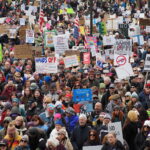

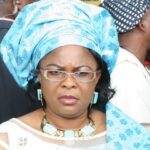
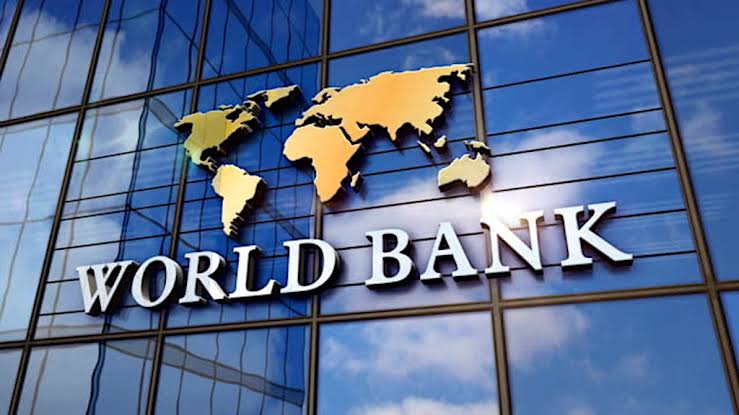

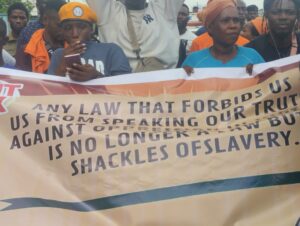
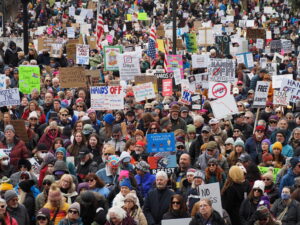
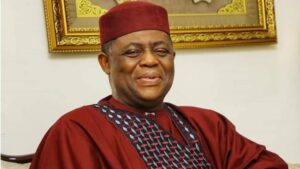
More Stories
Ndume tackles Tinubu over massive borrowings, lists ‘spurious’ items
Police teargas protesters in Rivers, Abuja
Massive protest against Trump hots up in major U.S. cities